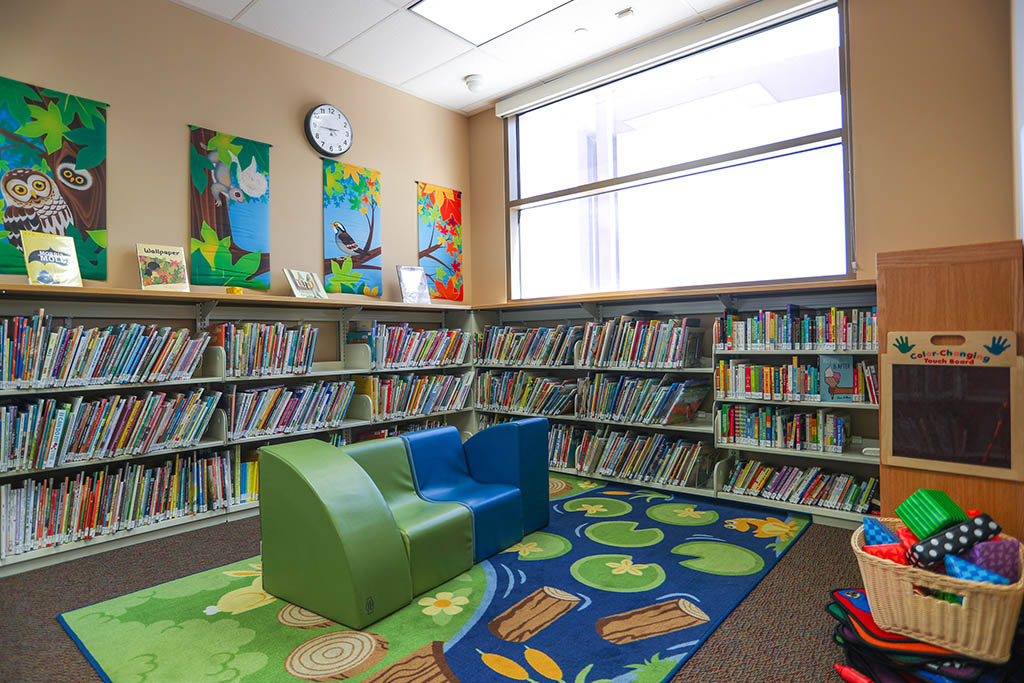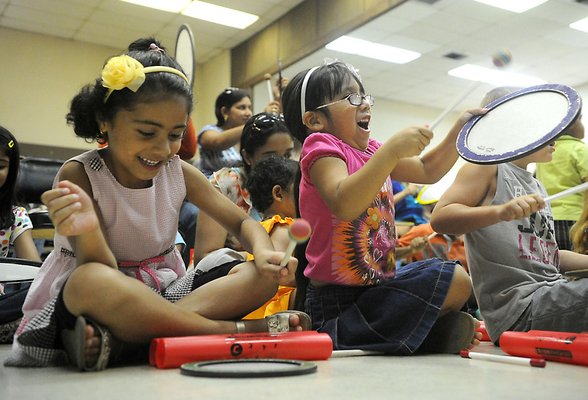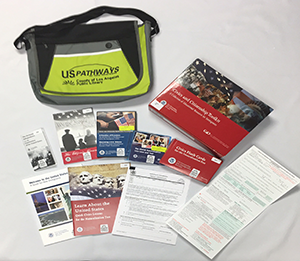Manifest Destiny
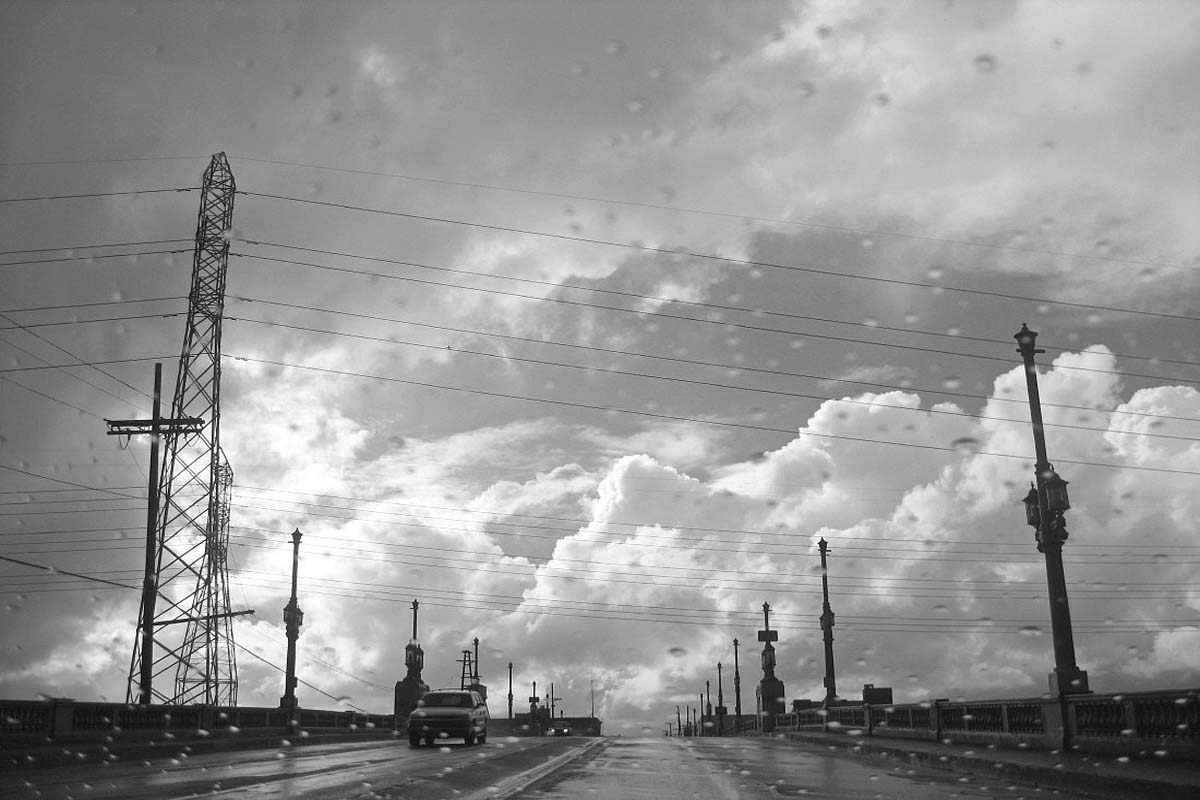
I wore a pink satin dress with a bow that tied in the back. My dad wore a white short-sleeved button down shirt. His mother taught him to always wear a collared shirt when going out in public. It was 1989. It must have been summer. I sat on my dad’s left arm. It was easy to carry a four-year old who weighed so little. With his right arm, he waved at someone just out of the frame. He wore a look of pleasant surprise; I had just kissed him goodbye on the cheeks.
“Even back then you knew more than your age,” he told me one day at lunch. He’s 78 now and living in affordable senior housing in Chinatown. He lost his sight 13 years ago, but the image of this picture is seared into his memory. I look at this photograph as an adult and wonder what made my dad say goodbye to his whole life that day at the Shanghai Pudong International Airport.
“I am going to America,” he said in the van ride to the airport.
“Is it far?” I asked.
“Yes.”
“Are you coming back?”
“No. But you’re going to come with me.”
“Today?”
“No.”
When I turned six in 1991, I saw my dad again at the Los Angeles airport. I helped my mom push two carts worth of luggage up the carpeted ramp to the arrival gates at Tom Bradley International Terminal. Two years had taken a lifetime’s toll on his face.
“Life is a slippery thing,” he said at lunch. “It takes all the courage you have just to keep living.”
My ears hurt from 16 hours of cabin pressure. We squeezed seven across in the middle aisle on a Boeing 747. It was dark outside our aircraft for a long time while it tumbled up along the eastern rim of Asia, up to the tip of the Soviet Union, across the Pacific to Alaska, and following the coastline down through Canada. A flight attendant let me lay on the floor near the bathroom in the back of the plane because I was so nauseous. My mom sat on the floor next to me and rubbed my head.
“I don’t want to be here,” I cried. “I want to go home.”
When there was daylight again outside the airplane window, I saw little patches of land down below grow to a full-sized city. Life awaited.
“You have arrived in Los Angeles, California. The local time is…” a female voice said over the intercom in Mandarin Chinese. It was hard to hear over the loud cheers.
“Why are they so happy?” I asked my mom.
“Because we’re in America now.”
She asked the other people who got off the plane with her what the signs read and was met with confused stares. A young man in front of us with thick-rimmed glasses pulled out a pocket dictionary and flipped through the pages.
“Hang onto my pant leg,” she said as we squeezed through the stream of passengers. “Don’t get lost. I can’t speak the language.”
The population in China in 1991 was 1.2 billion. In the United States, it was 253 million. Being just one of many, by comparison, was much better here in the U.S. More land for everyone. More food. Life mattered here; in China, we were just a number on a graph. The U.S. was the land of the free. The land of the Self. Here, we manifest our own destinies.
“Where do we line up? What kind of identification do they need?” a woman behind us asked nervously, as we and dozens of others walked into the terminal.
They were people with college degrees, crushed by the Cultural Revolution, disheartened by a lack of choice, who would rather be motel workers in the U.S. than starve back in China. There were hundreds of them with luggage as big as ours inside that fluorescently-lit brown interior. Our whole lives fit into five black zip-up bags as big as I. My dad mailed letters to us with instructions on how to write our new identities in English:
W.X. Huang
116 E. 23rd St.
Los Angeles, CA 90011
“There are standards in America. Try not to stand out too much. They don’t like foreigners,” my dad’s letter read. “Remember to respect them.”
We waited for hours. The brown wood-paneled walls accentuated the terminal’s lack of windows and airflow. The young man with the dictionary slumped over his pile of luggage in front of us. There was only a little chatter here and there. I tried sitting on the floor, but my mom abruptly pulled me back up.
“Stand up,” she said firmly. “Don’t embarrass us. We’re in someone else’s country.”
I tried to imagine what it would be like to sit on top of one of those big bags in front of us. How nice it would have felt to take a nap.
Before we had left Shanghai our relatives helped us pick out our best clothes to wear just for this moment of entry. “You have to look like you have money,” my uncle said at dinner the night before we were scheduled to leave China. “Otherwise they’ll turn you away.”
“They would do that?” my aunt, sitting beside us, asked.
“Yes. You have to make them believe that you’re only visiting.”
But we weren’t only visiting. Even a six year-old could tell from the five big bags that took weeks to pack. We were planning to stay whether they wanted us or not.
China was a place of perpetuated separation between the rich and the poor, the light- and the dark-skinned, the urbane and the provincial. There are 56 ethnic groups in the country but only one, the Han Chinese, made laws. In China, you got one shot at taking an entrance exam for college. There were no community colleges, no transfer opportunities, no mobility. People in rural towns stayed dumb and poor. Destiny predetermined.
The lines of black-haired people in front of us snaked across the terminal. Every few minutes more Chinese nationals piled on behind us from other arriving flights. Blond-haired people went into a separate line next to us that was much shorter. There were booths at the head of the line with uniformed officers hunched over a desk, examining paperwork and looking through bags. One blonde woman waved to me and smiled. She probably knew she was going home. In our line, no one smiled.
“Mom, can we go there?” I pointed as I tugged at her leg.
“That line isn’t for you,” dictionary man said. “That’s for Americans. You’re not American.”
At the front of the line, I couldn’t tell who I was supposed to smile at, so I smiled at everyone who didn’t look like us. My mom pulled out pieces of papers from her red leather bag. Red was the color of good luck.
This moment would be only the beginning of many instances where my mom would utilize her newfound communication skill: body language. The lady officer pointed at my mom’s purse and held up some papers as example. Getting what was being asked, she pulled out all the documentation she had and laid them out for the lady officer to choose. Two male officers opened our bags, occasionally bringing things up for a sniff.
“Why do the foreigners have such big noses?” I asked my mom while in line.
“Because the air quality in America is better.”
They opened our packages of teas, our menthol ointments and our dried fish snacks. I pulled open my pink plastic backpack to show them my package of crackers. They chuckled. Then I lifted my heels to flash my best six year-old smile at the lady officer over the counter. I made sure she saw me because she smiled back.
A couple stamps stamped. “Now we can go find your dad,” my mom said to me with relief.
Memories of my dad were faint. I remembered him running after me on a set of stairs at the park. I remembered him laughing as he fed me noodles with a spoon. I vaguely remembered a man who I had kissed goodbye two years earlier at the airport.
I thought that reunion would solve whatever problems we had before. Each time my mom showed me one of his letters she would say, “We’ll see your dad soon.” Often, he would send me doodles he made during down time at his motel job in Inglewood. Sometimes he would send a photo of him in front of the Federal immigration building in Downtown, or at the pier in Redondo Beach, or holding the box of Andes mint chocolates that came with the letter.
“For little Jian,” they always read.
I didn’t recognize the man who came to pick us up at the airport. He appeared as suddenly as the downtown L.A. skyline while we flew through smog.
“This is your father,” my mom introduced him. I hid behind her leg.
She grabbed my hand and placed it in his hand. They didn’t feel like my dad’s. They were thicker, darker skinned and much more calloused than I recalled. His face was fatter. His eyes were puffy. His head had more gray hairs.
“What happened in those two years?” I asked my dad over lunch in Chinatown.
“Life slipped away from me.”
Two years had erased the vitality in his face. The man I remembered had never heard a woman scream while getting raped at a motel, hadn’t heard of gang wars, or drug addiction, or seen a human body twitch after getting stun-gunned. He hadn’t seen black people, or brown people, and only theorized that we all bled bright red inside.
“We wear our lives on our faces,” my dad said.
Later, on those days when I helped him at a motel near MacArthur Park, we would play games and tried to guess whether someone checking in was a good person or a bad person. He would teach me how to punch someone in the face, a skill that would later come in handy at John Adams Middle School.
“Protect yourself. The world is an unforgiving place.”
But I didn’t know any of these things the day this man picked me up at the airport. I still understood the United States through Shirley Temple movies dubbed in Mandarin.
My mom and I had cheered along with everyone else on the aircraft because, finally, we were here in the land of the free. Everything would be okay. I would see my dad again – the same man I had kissed goodbye in the photograph.
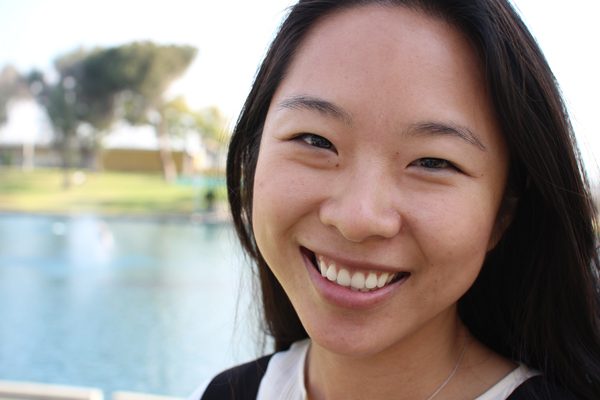
September 3, 2016








